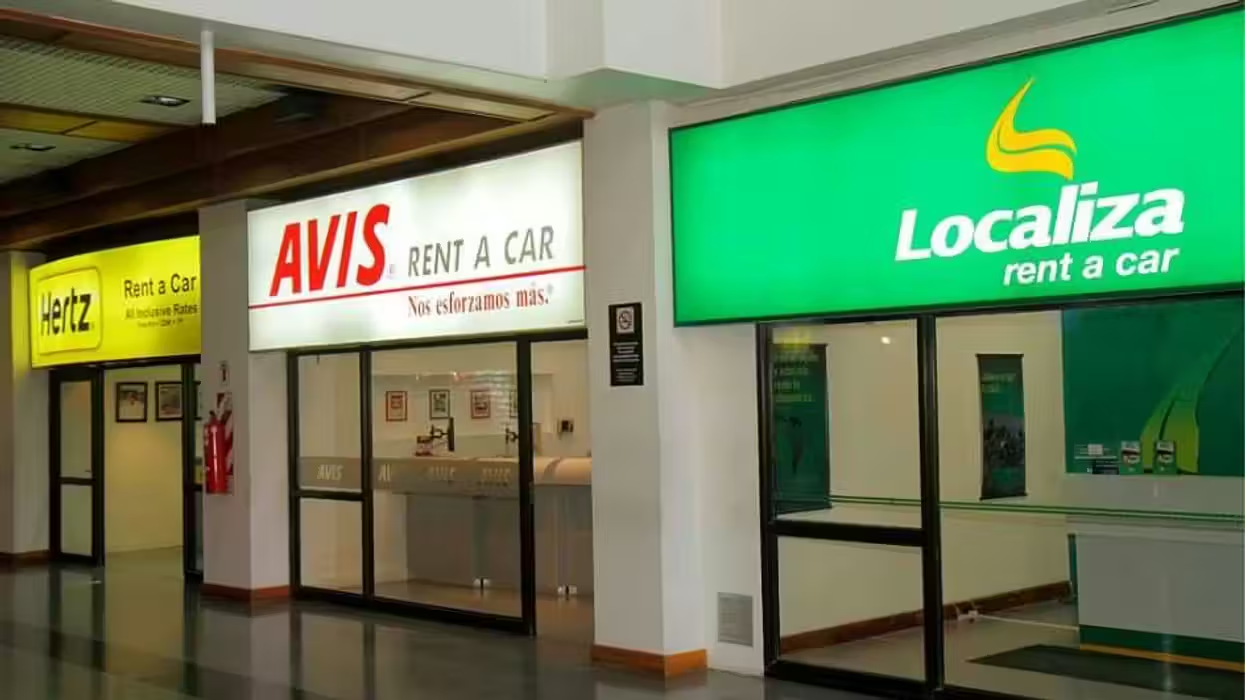
© 2025 Blaze Media LLC. All rights reserved.
France Gets Green Light to Implement Insanely High Tax on 'Superwealthy' – but Here's the Real Problem
December 30, 2013
"Taxation is reaching the level of some of the Scandinavian countries."
[Editor’s note: The following is a crosspost by Catherine Boyle that originally appeared on CNBC.com]:
Plans for a 75 percent tax on the superwealthy in France will finally become reality in 2014.
Following a French court ruling published Sunday, the tax will be leveled on companies paying salaries of more than one million euros ($1.4 million).
Earlier versions of the bill, one of the key tenet of France's left-leaning Prime Minister Francois Hollande's election promises, had already raised the ire of the country's footballers -- who threatened to strike earlier this year -- and actor Gerard Depardieu, who registered as a Russian citizen as well as moving moved to Belgium in protest.
The tax was originally supposed to be paid directly by individuals, but that was ruled to be illegal. Hollande reformulated the tax to make it so that companies or organizations paying salaries above 1 million euros would have to pay the tax.
However, the tax's impact appears to be a lot less than the controversy it has generated: it is expected to raise less than 1 billion euros, which will not go very far towards solving France's economic problems.
"Taxation is reaching the level of some of the Scandinavian countries," Michala Marcussen, global head of economics at Societe Generale, told CNBC.
"It's very hard to see how France can increase this further."
It also seems to be encouraging wealthy French people to move to the "21st arrondissement" of Paris: London's Chelsea and Kensington.
France, the euro zone's second largest economy, is struggling with stagnant growth and record unemployment. The country will avoid a triple-dip recession in 2014, but is likely to fall short of the 1 percent growth expected by government forecasts, according to James Howat, European economist at Capital Economics.
Hollande's government has delivered some reforms, but the key to 2014 is continued structural reform, she argued. Key areas for reform include the cost of employing workers and expensive public services, according to the Organisation for Economic Co-operation and Development.
The slow pace of reform was one of the reasons ratings agency Standard & Poor's downgraded France's credit rating in November.
"Hollande has to focus on long term sustainability and economic growth. It's all about the structural reform," Marcussen said.
--
RELATED:
- France approves 75 percent tax on high earners
- Blow for Hollande as French jobs deadline looms
- French soccer players go on strike…but will they make the cut?
©2013 CNBC LLC. All Rights Reserved. Catherine Boyle.
Want to leave a tip?
We answer to you. Help keep our content free of advertisers and big tech censorship by leaving a tip today.
Want to join the conversation?
Already a subscriber?
more stories
Sign up for the Blaze newsletter
By signing up, you agree to our Privacy Policy and Terms of Use, and agree to receive content that may sometimes include advertisements. You may opt out at any time.
Related Content
© 2025 Blaze Media LLC. All rights reserved.
Get the stories that matter most delivered directly to your inbox.
By signing up, you agree to our Privacy Policy and Terms of Use, and agree to receive content that may sometimes include advertisements. You may opt out at any time.





